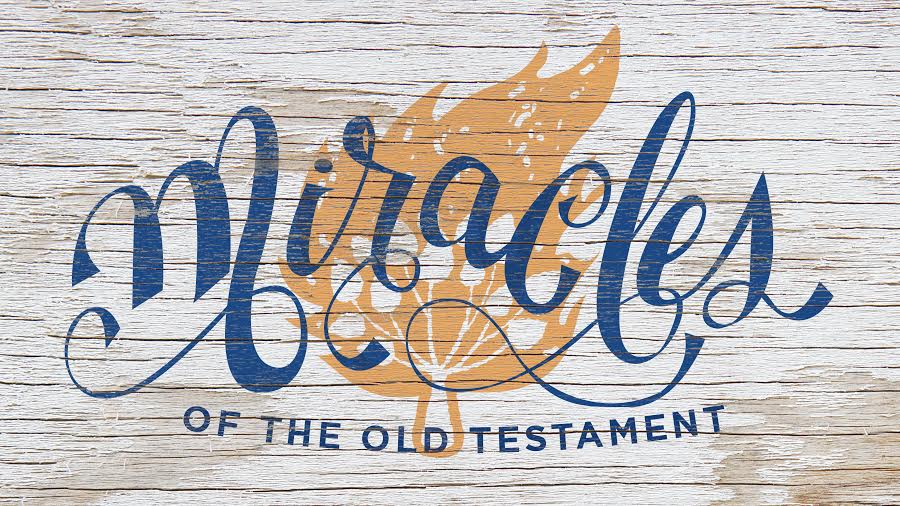
16 Jun Recap | Miracles of the Old Testament | The Passover
Exodus 4-12 describes a time in Israel’s history in which the Jews were greatly oppressed by the Egyptians. They were afflicted with heavy burdens and hard labor, and yet they multiplied in number. God hears the cries of His people, and He begins to move and strengthen them for their journey to freedom. God sends Moses to tell Pharaoh to let the Israelites go, but Pharaoh’s heart is hard, and he responds with bitterness, anger, and sarcasm. The Lord begins to send plagues upon Egypt, each time offering an opportunity for Pharaoh to submit and let the Israelites go. Yet Pharaoh refuses to be humbled, and it isn’t until he loses his own firstborn son, in Exodus 11-12, that he finally concedes.
Through the plagues, we see that “God’s judgment is in accordance with His purposes.” Each of the plagues “strike at the heart of what the Egyptians worship.” They worshipped the Nile as the god of life, and the Lord turned the waters to blood. They regarded frogs as having the breath of life, and God sent frogs until the people were practically smothered by them. The final plague, the death of all the firstborns in the land, was a final terrible consequence for a serious sin. It was then that Pharaoh was stripped of a great idol, his belief in his own divinity which was to be continued through his son.
Both the Israelites and the Egyptians had sinned against the Lord, and judgment was coming for all. But in Exodus 11 the Lord offers a provision of protection for His children from the final plague. He instructs His people to remain indoors, to sacrifice and consume a perfect lamb, and to cover their doorposts with its blood on the night of the final plague. The Lord knew exactly where each Israelite was that night, but this ceremony was meant as an act of faith. One could either face the destroyer on their own, or they could take shelter under the blood of the lamb. “It was not the absence of idols, religious acts, or how good the Israelites were that saved them. It was their faith. It was the blood over their door.” “God’s merciful distinction is not based on merits”.
Many years later, Jesus sat with His disciples at a Passover meal, but this time, He Himself was the lamb. The Judge of the world had come to Earth, but He also offered a way back to Himself. On the cross, Jesus’ blood provided the shelter from judgment; He paid the debt we owed for our sin. It is only through His death that we are given true life, not because of our own merits or performance, but because of our faith in the power of His sacrifice and ultimate triumph over death. Because of this hope, “God’s sacrifice is our continual source of life and joy.”
-Katie Gural
To listen to, view, or download this sermon, visit our website here
Worship Songs from the Weekend
- Our Great God: 1 Thessalonians 4:15-18, Deuteronomy 31:8, Psalm 118:5-16
- Man of Sorrows: Isaiah 53, 1 Timothy 2:5-6
- But God: 1 Peter 2:9, Ephesians 2:4-7
- God You Are My God: Zechariah 14:9, Isaiah 2:2, 1 Peter 1:18-20
- The One Who Saves: 1 Chronicles 16:31-35, Ezra 3:11, Jeremiah 33:11


